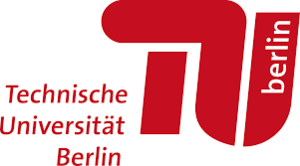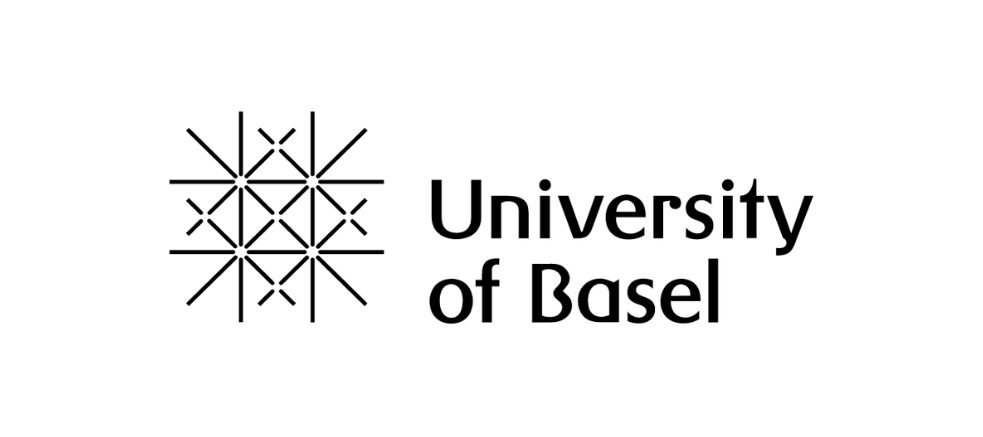Snabbfakta
-
- Dundee
Ansök senast: 2025-03-04
PhD Student Vacancy: Eastbio - iGPS-Pot: Integrating machine learning and traditional genetic modelling to develop an intelligent framework for genomic prediction and selection of complex traits in po
Background: Potato is a key future food security crop, representing £4.3 billion to the UK economy. Typically, it takes ~10-13 years to breed a successful cultivar, requiring many rounds of intensive selection and field evaluation. Despite intensive breeding efforts, genetic gains for yield and other complex traits have been slow and old varieties are still favoured. The diminished progress is attributed to the large number of traits required for commercial success coupled with potato’s complex genetic architecture and limited genomic breeding resources. Extending recent advancements in genomic prediction (GP) for the complex architecture of potato has the potential to alleviate historical impediments and significantly improve genetic gains amid climate change. Furthermore, the autotetraploid nature of potato makes it ideal to leverage innovative machine learning (ML) and artificial intelligence (AI) approaches well-suited to capturing the complex interactions within the potato genome.
Aims and Outcomes: We aim to develop an intelligent GP framework which utilises the power of ML and AI along with the interpretability of traditional quantitative genetic models. The hybrid approach will form the basis of our proposed multi-trait toolkit, that will radically enhance potato breeding through optimised parental combinations and early selection (without phenotyping) for target traits. This will lead to rapid improvement in commercial varieties and significant reductions in their time to market, boosting agility in potato breeding programmes to meet crop production challenges (e.g. climate change) for future food security.
Approach: We have developed an array of genomic and phenotypic resources for a large collection of potato lines and an open-source software ecosystem for modelling breeding programmes. These existing tools will enable the project to go beyond current state-of-the-art in potato, providing efficient development in simulation and validation with real data. The project will develop a multi-trait linear mixed model (LMM) approach which integrates ML and AI machinery that will be compared to traditional LMM, ML and AI approaches. Importantly, the proposed approach overcomes the current limitations of ML and AI by providing traditional quantitative genetic parameters (e.g., variance parameters, heritabilities) and measures of uncertainty; allowing breeders to interpret their breeding material, gauge risks associated with their selection decisions, and subsequent inclusion within a selection index.
Training: The student will be trained in many important and multi-disciplinary areas covering genetics, genomics and statistics including state-of-the-art and emerging GP approaches to enhance employability and research capability within both the academic and applied fields of plant genetics and breeding.
The EastBio partnership offers fully-funded competition based studentships. Funding covers Home (UK fees), a stipend at UKRI norm level (£19,327 for 2024/2025) and project costs. Application guidance can be found on the Eastbio website; How to Apply ¦ Biology. Information on UKRI-BBSRC can be found on the UKRI website UKRI – UK Research and Innovation











